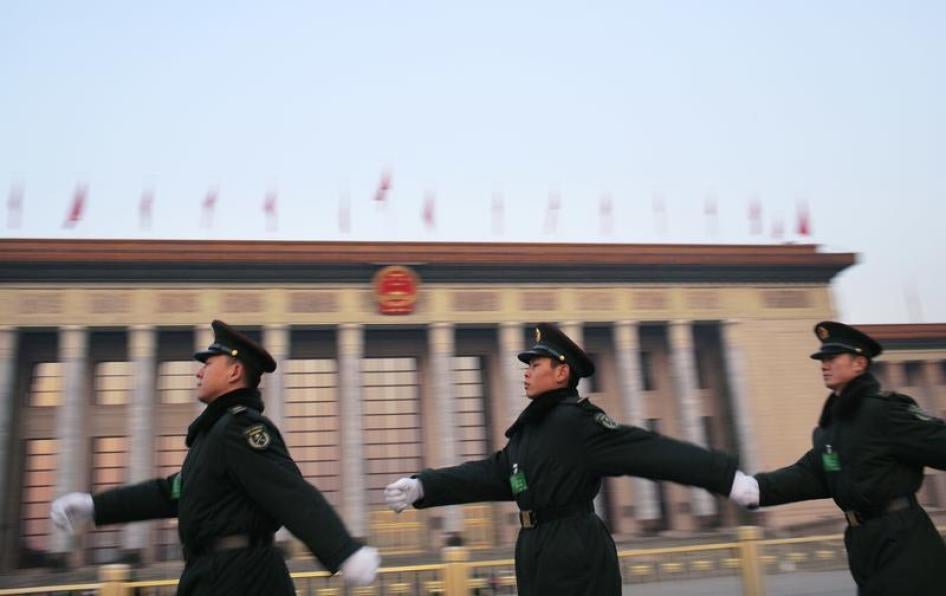In late January, a prominent Chinese banker from Changjiang Securities fell to his death from the 12th floor of a building in Wuhan City. The man, Yang Zezhu, had been under investigation for corruption.
If this happened in a country with a free press, an independent judiciary, and with checks on a dominant political party’s power, there would undoubtedly be more details made public about Yang’s death. But in China, the death remains a mystery. Foreign media has speculated that Yang, like Guosen Securities President Chen Hongqiao, committed suicide after the government launched investigations into their past roles as market regulators for the government.
Why was Yang Zezhu being investigated? Was he free at the time of death, or had he been detained by the authorities? The Hubei Provincial Party Discipline Inspection Commission issued a notice that Yang had been suspended and “subjected to investigations through chats.” That suggests he may have been under “shuanggui,” the Chinese Communist Party’s extralegal detention system for those who have violated Party “discipline.”
In shuanggui, detainees are held under prolonged solitary confinement; their only contact is with their captors, and they cannot meet with their lawyers or family.
Shuanggui has been a favorite tool in President Xi Jinping’s purported campaign against graft, launched in late 2012. Shuanggui is antithetical to Xi’s claims that China is governed by the rule of law; abuses found in the formal legal system are even worse under shuanggui. In both systems, the basic protections afforded to people under investigation are either hard to access or nonexistent, leaving people vulnerable to enforced disappearances, torture, and suicide.
The scope of shuanggui is unclear, but it should be unnerving that scores of top financial players – as well as government officials, business executives, and even those in the entertainment and news industry – have disappeared for days or been detained for investigations. As with Yang, few details were made public about these cases; those who have resurfaced appear reluctant to talk about their experiences. Reports of prolonged ill-treatment, and of threats made against family members are disturbingly common; deaths in shuanggui have also been reported.
Until shuanggui is abolished and corruption investigations are conducted by impartial legal, not party, authorities, there are likely to be more incidents – and more unanswered questions – about cases like Yang’s.









